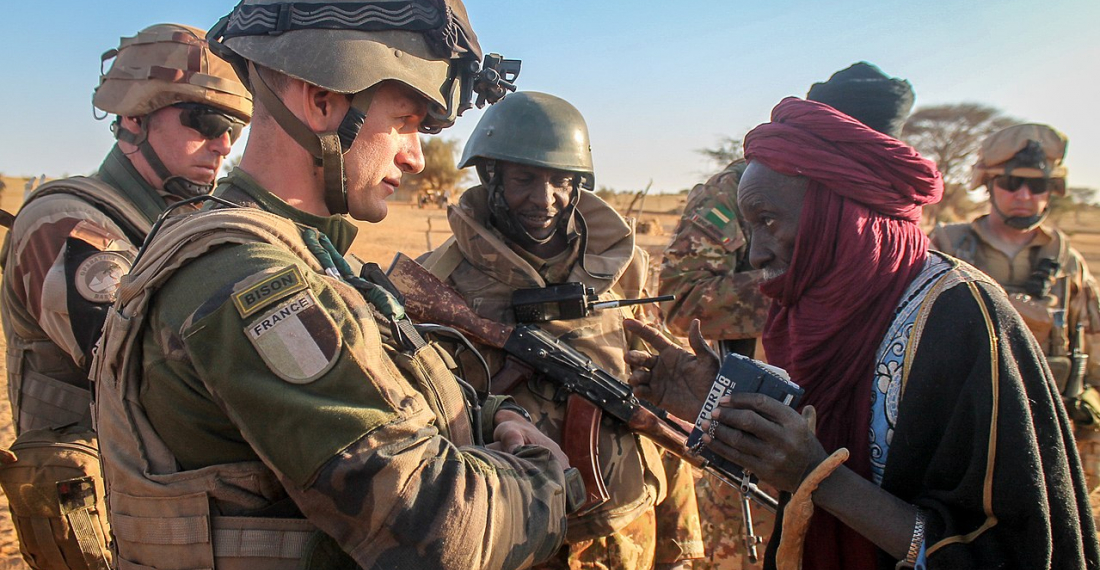Emmanuel Macron has suggested that France will withdraw its troops from Mali if the country moves towards radical Islamism, in an interview with the Journal du Dimanche (JDD) broadcast on Sunday (30 May). Speaking in the interview on the side lines of a trip to Rwanda and South Africa, following the second Malian coup in nine months, the French president stated:
"To the Malian President Bah N'Daw, who was very strict about the separation of power and jihadists, I said: 'Radical Islamism in Mali with our soldiers there? Never in my life!' Today there is this temptation in Mali. But if it goes in that direction, I will withdraw."
Macron previously threatened to withdraw French troops from the Sahel in 2019 demanding that the region’s leaders did more to curb anti-French sentiment. In January 2021 he raised the prospect of reducing troop numbers again, citing successes against Islamist groups and the arrival of more European forces. On Sunday, he was even more firm. "We do not have a vocation to stay forever", he stated in the JDD interview, evoking the future of operation "Barkhane", which was launched in 2014 and through which over 5,000 French soldiers are currently deployed in the Sahel.
The announcement is directly linked to the new coup d'état in Bamako on 24 May 2021, which brought down the transitional executive that had been in place following the last coup nine months ago. While previously it was the deterioration of the security situation and a lack of support from the Malian state that made the French executive doubt its military commitment, Macron justified his new announcement by suggesting there is a risk that the new putsch installs Malian leaders more open to "radical Islam".
Shortly after the arrests last week of the Malian president and prime minister, France and the EU denounced an “unacceptable coup d’état” led by Mali’s then vice-president, Colonel Assimi Goïta.
Emmanuel Macron also claims to have "sent the message" to the leaders of West Africa that he would "not stay by the side of a country where there is no longer democratic legitimacy or transition". He recalls having said for three years, "within several Defence Councils that we had to think of the exit". West African leaders will meet on Sunday to decide on their response to the double coup executed by the Malian military in nine months.







